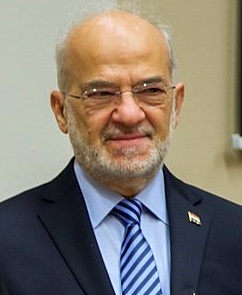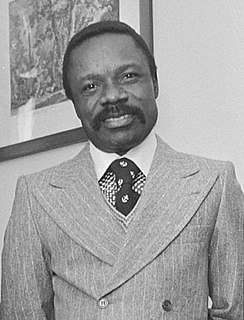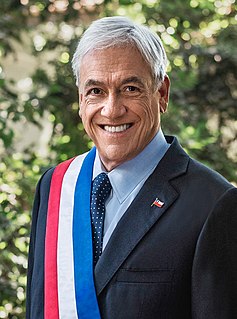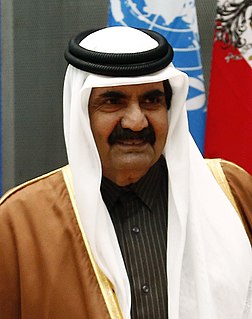A Quote by Donald Trump
We're spending on numerous countries - very substantial countries, you know the countries we're talking about - but we're defending them for a fraction of the cost.
Related Quotes
Iraq is not only fighting to defend itself, but also to defend all countries of the world, especially as these foreign fighters that are fighting for Daesh, they come from more than 100 countries. So, very humbly, we say that we are defending ourselves and all countries of the civilized world, and we are defending democracy.
A considerable proportion of the developed world's prosperity rests on paying the lowest possible prices for the poor countries' primary products and on exporting high-cost capital and finished goods to those countries. Continuation of this kind of prosperity requires continuation of the relative gap between developed and underdeveloped countries - it means keeping poor people poor. Increasingly, the impoverished masses are understanding that the prosperity of the developed countries and of the privileged minorities in their own countries is founded on their poverty.
I'm not talking about him; I'm talking about the countries that go to support [Antonio] Guterres plan, because he needs the support of other countries, he cannot achieve that plan while many countries in the world are still supporting the terrorists in Syria. So, of course we support it, whether helping the people to live, to go back to their country, and to live in security without terrorists.
The reality is that [Barack] Obama has some 15 countries in the current Libya coalition. President Bush put together close to 50 countries for the Afghan coalition, some 40 countries for the Iraqi coalition, more than 90 countries for the Proliferation Security Initiative and over 90 countries in the Global War on Terror.
Defending against military-strength malware is a real challenge for the computer security industry. Furthermore, the security industry is not global. It is highly focused in just a handful of countries. The rest of the countries rely on foreign security labs to provide their everyday digital security for them.
Some people say that the West has a cruel history. These people also may see the achievements of Western countries - in terms of the economy, education, health, and social achievements - as a result of exploitation of poorer countries, including Arab countries. Western nations get rich by using resources such as Arab oil. Meanwhile, the countries supplying them raw materials remain poor. Due to such injustices, jealousies are created.
Syria's neighboring countries cannot and should not carry the cost of caring for refugees on their own. The international community must share the burden with them by providing economic aid, investing in development in those countries, and opening their own borders to desperate Syrian families looking for protection.


































